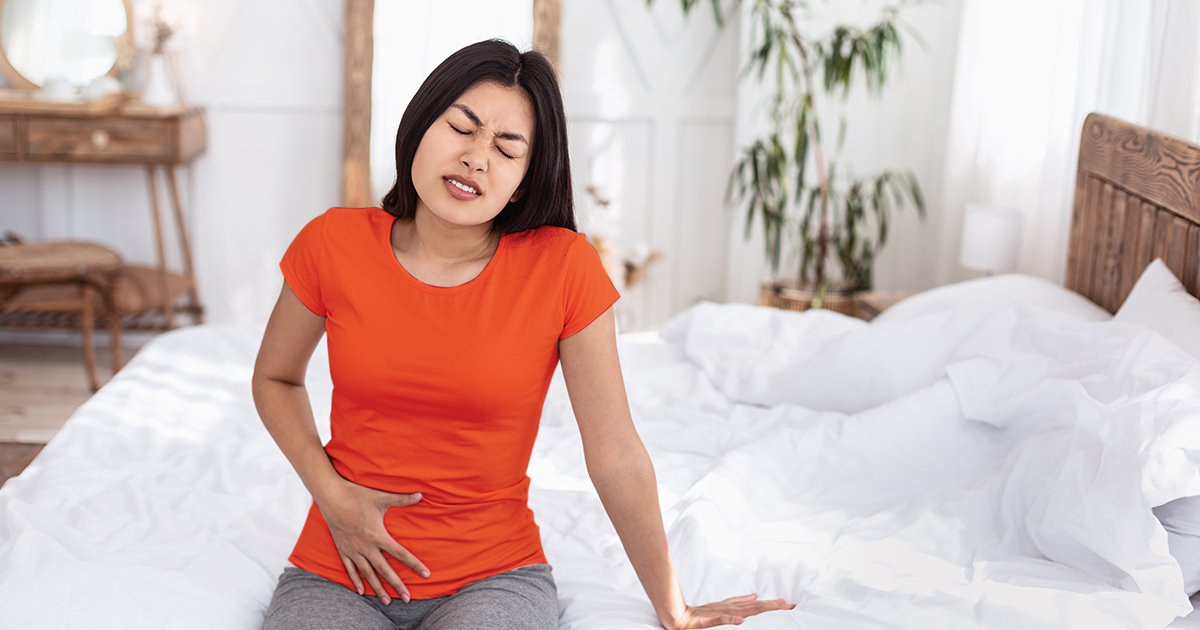
When temperatures rise, so do your chances of getting a urinary tract infection.
UTIs are more common in the summer for many reasons, from dehydration to spending more time outdoors (especially when bathroom facilities are lacking). But the main culprit is warm weather, which makes it easier for bacteria to grow and thrive.
When you experience the unpleasant symptoms of a UTI, you likely want to do everything you can to make them stop – and you certainly don’t want to make your infection any worse.
Here are four things to avoid when you have a UTI, especially during the summer months when bacteria are at their busiest.
When you have a UTI, it’s important to drink plenty of fluids to help flush bacteria out of your urinary tract. However, you shouldn’t consume anything that could irritate your bladder or dehydrate you, including alcohol or caffeinated beverages.
Having a cocktail or two may seem harmless, but alcohol can increase the acidity level of your urine and worsen your symptoms. Alcohol can also weaken your immune system as you’re trying to fight off the infection.
Drinking coffee, tea, soda, energy drinks, and other caffeinated beverages when you have a UTI isn’t a great idea either. Both alcohol and caffeine are diuretics that prompt your body to increase urine production, forcing frequent trips to the bathroom that can easily lead to dehydration.
Wait, wouldn’t urinating less be a good thing? Not with a UTI. When you’re dehydrated, infected urine remains in your bladder for longer periods of time, creating an ideal opportunity for more bacteria to grow.
Even decaf coffee still has a diuretic effect, although generally not as strong as the caffeinated version. When in doubt, water is always the best option for keeping yourself hydrated.
Don’t believe the myths: you can’t get a UTI by taking a bath, sitting in a hot tub, or swimming in a pool or ocean. However, the bacteria present in pools, hot tubs, and even your own personal bath can seriously aggravate your UTI if you have one.
If a pool or hot tub doesn’t have the right chemical balance, you could be floating in a full-size petri dish, especially during the summer (remember, bacteria love warm places!). Chlorine can also irritate your urinary tract, so always rinse thoroughly if you decide to take a dip.
Most importantly, never sit around in a wet swimsuit, which is another perfect breeding ground for bacteria. Got a beach trip planned? The salty ocean is probably the best body of water you can choose. But if you won’t be able to put on dry clothes shortly after swimming, hold off until your UTI clears.
Women aren’t the only ones who get UTIs: men can get them, too. You don’t have to be sexually active to get a UTI – anything that brings bacteria in contact with your urethra can cause infection. However, sexual activity increases your risk of complications and potentially puts your partner at risk as well.
Because UTIs inflame the sensitive tissues in your urinary tract, you may experience pain and discomfort during intercourse. Sex also pushes bacteria further into your body through penetration, potentially worsening your infection. Refrain from oral sex or masturbating with a UTI to prevent the spread of any bacteria from the penis or vagina to the mouth or fingers.
If you have sex with a UTI and use condoms, be sure to use non-lubricated ones without spermicide. Studies show that lubricated condoms with spermicide can make you 2-8 times more likely to develop a UTI. Certain brands of lubricant products can also increase your risk.
After sex, be sure to urinate and clean yourself immediately to get rid of any lingering bacteria – and make sure your partner does the same.
Having a UTI should not affect your period. However, tampon users should switch to sanitary pads for the time being.
Not changing tampons or pads frequently enough can cause UTIs. Change your pad every time you use the bathroom, and never use douches or feminine sprays (even after your UTI heals).
You don’t have to worry about managing UTI symptoms if you can avoid getting one in the first place. Here are some of the best ways to avoid a UTI:
Dealing with a UTI is never easy – that’s where vybe comes in. We offer convenient, same-day urine testing for UTIs, so you can get answers quickly.
Once the diagnosis is confirmed, vybe can provide you with treatment options. Minor UTIs sometimes go away on their own (it usually takes about a week), but most UTIs require antibiotics or other medication. Left untreated, a UTI can eventually lead to kidney infection or sepsis.
Some sexually transmitted diseases also have symptoms that are similar to UTIs. Let vybe confirm if a UTI or another illness is causing your symptoms, so you can move forward with the best form of treatment. After starting antibiotics, most people with UTIs begin feeling better in just a day or two.
All vybe urgent care centers have licensed medical professionals with a wide range of healthcare knowledge. vybe is open seven days a week with extended weekday evening hours to serve you – because UTIs, like most illnesses and injuries, rarely happen at a convenient time! Walk in or schedule an appointment at your local vybe today.
FIND YOUR VYBE